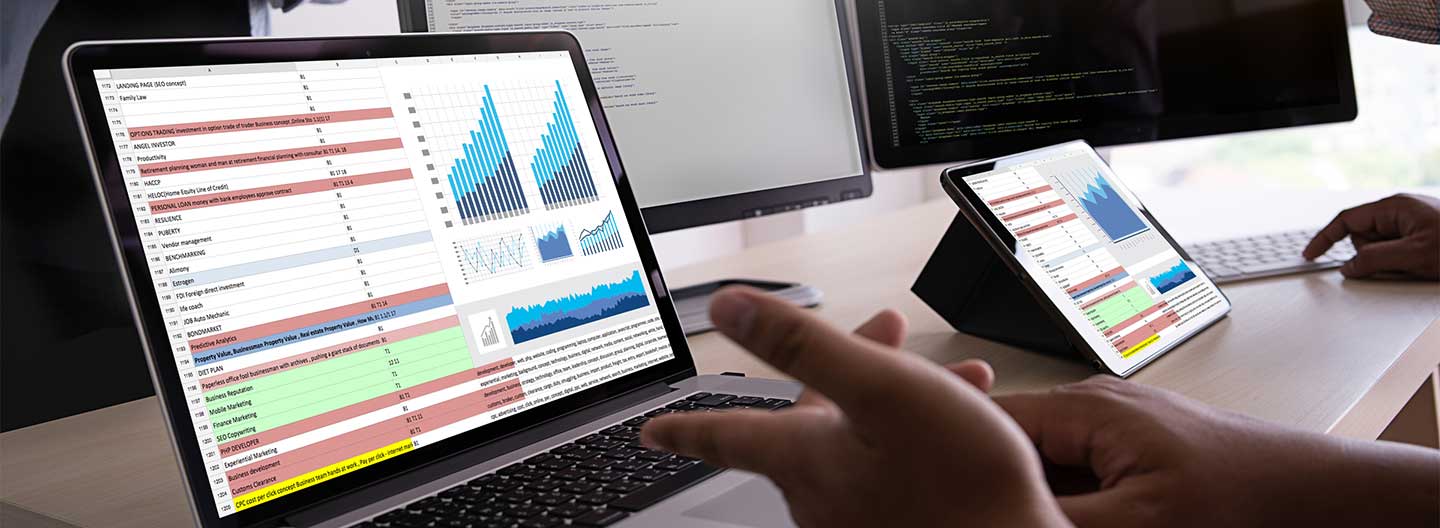Local Library Makes Big Impact on the Community
How the Natalia Library Helps Patrons Improve Their Lives
The Natalia Veteran's Memorial Library serves the small town of Natalia, Texas. It's open 25 hours a week, with a staff of one. With extremely limited resources, librarian Amy Edge must make difficult decisions every day about what her library can provide. Whenever she's making those tough decisions, she asks herself which option will do more to improve the lives of Natalia residents.
"I Had to Look at What the Community Really Needed"
Natalia's population is about 1,450, and many of its residents are unemployed or economically disadvantaged. "A lot of the people in town don't have vehicles, so they walk everywhere," says Amy. "It's different from other libraries I've been to where you have a huge parking lot full of cars. Here, you never know who's inside because there are no cars outside."
A few years ago, the library was close to closing altogether. Before Amy came on, there was one part-time librarian who managed the library on top of other duties as a city employee. But since she could only keep the library open when she didn't have other commitments, patrons never knew when to visit. "It wasn't very well used, because people didn't know when to expect it to be open," Amy says.
Additionally, dwindling sales tax revenue made it impossible for the library to meet the state requirements for accreditation as a public library. Eventually, the city realized that its only choice was to spin off the library as a separate, nonprofit organization.
As Natalia's sole librarian, Amy is responsible for every aspect of the library's management, staffing, and fundraising. "I had to put aside my big dreams of being like the San Antonio Public Library," Amy says. "I had to look at what the community really needed, and what we could afford."
Public Computers Are First Priority
One hundred percent of the Natalia Library's budget comes from donations. When Natalia residents pay their water bills, they have the option to add a few extra dollars for the library. That brings in about $1,000 a month.
When we spoke with Amy, she'd just finished the library's big annual fundraiser, the Bluebonnet Festival. Last year's festival brought in $650, enough to purchase two new public computers.
This year, Amy organized a much more ambitious festival, with rides, more vendors, a car show, and even a parade. It netted $2,500 for the library. Amy has several investments in mind, including a larger sign in front of the library: many people still don't realize that the library is now open regular hours.
But Amy's top priority is adding more public computers. Many Natalia residents don't have Internet access at home, and they need the Internet to find jobs, take online classes, and sign up for unemployment benefits.
She plans to save some money and space by investing in Google Chromebooks rather than full-featured Windows-compatible computers. She says that most patrons also prefer the comfort and privacy of being able to use a laptop anywhere in the library.
"I'll probably have one computer workstation that still has [Microsoft Office]," Amy says, "but we don't really have a big call for it. A lot of people are just [filing for] unemployment benefits, doing online classes, checking their email, doing their banking — that kind of thing."
Patrons can make appointments with Amy for one-on-one coaching, where she teaches them basic computer skills. She says that in her experience, many older patrons prefer individualized attention to classes, but she plans to add classes too.
QuickBooks to the Rescue
When working on such a limited budget, Amy says, it's also important to have highly skilled, active board members. "I have a board member who's an IT specialist, one who's a reading specialist, people who have [skills] that will help us secure funding or manage the library." And Amy's also lucky to have a CPA and former city finance director as treasurer for the library.
When Beth Leonesio came on as treasurer, the library was simply using Microsoft Excel spreadsheets for its finances. Leonesio recommended switching to Intuit QuickBooks, and fortunately, Amy was able to request a donated copy of QuickBooks through TechSoup.
"I appreciate that there are places like TechSoup," Amy says, "because we don't have any money but we still have needs. To have a resource that provides these things at a low cost is very helpful."
"Play to Your Community"
When faced with a disadvantaged community and an underfunded library, where does one librarian even begin? "Play to your community," Amy says.
"What does your community really need? The community may not really need a preschool story time; they may not need a summer reading program. They may need more technology so that they can take college classes in order to raise their economic level, to do better for themselves and their families."
In a lot of ways, the tough decisions that Amy must make are the same ones that all nonprofits face, regardless of size. No organization has enough money to do everything it wants to; we all have to narrow our focus on the most crucial things we provide to our communities. For Natalia Library, that means focusing on providing resources that can help Natalia residents improve their quality of life.






